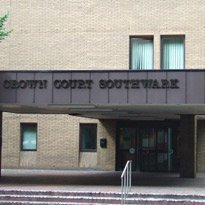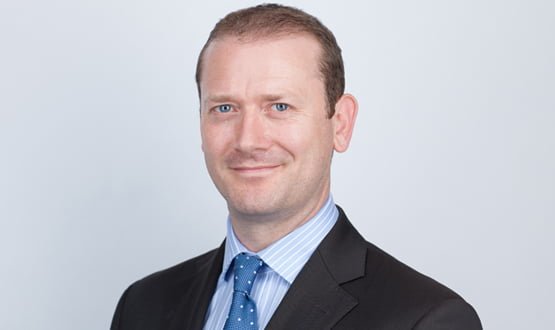Retrial begins for iSoft execs
- 3 April 2013

Three former senior executives of iSoft faced retrial today accused of ‘cooking the books’ to bury bad news about the company to boost its value.
Stephen Graham, Timothy Whiston and John Whelan are being retried at Southwark Crown Court after their first, four month trial ended without a verdict last August.
Patrick Cryne, a co-founder and former chief executive of the company, was not part of the first trial for medical reasons and was not before the court today.
The men stand accused of a plot “hatched in a smoke-filled room”, which enabled Cryne and his close associate and director of operations Graham, to become a multi-millionaires, Southwark Crown Court heard.
Finance director Whiston, and group financial controller, Whelan, were also highly paid and were expected to net an annual bonus based on the company’s apparent success, jurors heard.
The four men deliberately included revenue from software contracts in their published accounts which had yet to be received, transforming a “thumping loss” into a “highly respectable profit,” said prosecutor Richard Latham QC.
“This case is an allegation that these defendants were telling lies to the general public about the financial health of their company.
“In other words, burying bad news,” he said.
“The lies were contained in its accounts, published to the world.
“The accounts or books were, in effect, cooked,” Latham added.
“We suggest that as the evidence unfolds you will be confronted by a whole series of lies – lies spoken by a defendant to a third party, lies in documents which do not tell the truth, lies in emails send by defendants to third parties,” said Latham.
“There is no dispute that the market was misled. We say it was the senior executives of the company that were responsible and they were acting together.”
The plot was the result of a combination of “arrogance, ambition, pride and greed”, he said.
“Here, we allege this conspiracy lasted for months and months and months, and turned into years.
“This was because once the markets had first been misled by the actions and deceptions of these defendants, there was a continuing need to prolong the deception.
“They tried their best to ensure the truth would never emerge,” he said.
“The inevitable conclusion was that the market would be misled and indeed, it was misled.
“This case does not involve a slight slip up, a marginal error of no real consequence, it is precisely the opposite.”
Latham said the revenue the defendants decided to recognise and publish to the markets should not and could not have been recognised.
He argued that it would have been evident to any reasonably competent accountant that none of this revenue had been received.
“The position would have been crystal clear and that’s precisely why they resorted to fraud and dishonesty, to cover up the true position,” he said.
In the original trial, the prosecution claimed the signature of a senior manager at the Irish Health Service Executive was faked onto a contract so iSoft could book the revenues of an Irish deal in 2003, even though it was not signed until 2005.
Since the events being considered by the trial, iSoft has been sold twice and is now part of CSC’s healthcare group.
The defendants deny the charges and the trial is expected to conclude before August.




